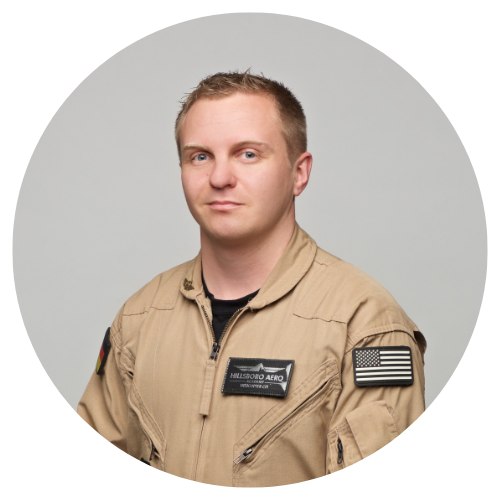Welcome to Lift-Off, our latest newsletter packed with insights on helicopter pilot training and building a career in aviation
Todays focus lies on the medicals, which ones you need and how to get them.
FAA Class 2 Medical
For the FAA license, you’ll need to pass a Class 2 Medical exam. This can be done with any FAA-certified aviation medical examiner around the world. The exam is typically straightforward and quick—usually taking about 15-20 minutes. It includes a basic physical check similar to what you’d get at your family doctor, as well as a color vision test, and a review of your medical history. The doctor should print out your FAA medical certificate right there, and it’s valid for the duration of your training.
EASA Class 1 Medical
If you plan to earn an EASA license as well, you’ll need to complete an EASA Class 1 Medical, which is more comprehensive. This exam must be done at an Aeromedical Center and includes tests for things like vision, hearing, lung function, and heart health. A psychological test has also been added in recent years. The EASA Class 1 Medical can seem intimidating, but don’t worry—since we started offering the EASA program in 2020, only two people have ever failed to pass the exam.
A key point to remember: If you’re doing our combined FAA/EASA program, make sure you specifically ask for an Austrian EASA Class 1 Medical. This is because our EASA partner school is based in Austria, and EASA rules require that your medical certificate be from the same country as the flight school that issues your license. Even though you can take the exam in Germany, your doctor must send the results to Austria to get the correct certificate.
Also, keep in mind that EASA medicals must be renewed every 12 months and must be valid for your practical exam, which happens 13-18 months after the start of training. Since you can’t renew your EASA medical in the U.S., you’ll need to plan a trip back to Europe during your training to renew it.
Important Notes
Unfortunately, we’re not medical experts, so we can’t answer specific questions about the exact requirements or thresholds for these exams. It’s always best to speak with an aviation medical examiner to get the details about your specific situation.
FAQs
On our website, we’ve created a very comprehensive list of common questions about pilot training. You should definitely take a look at it! http://en.flyhaa.de/faq
Webinars
We regularly host webinars and live events around Europe, where we share a lot of information about the training and the career in the helicopter cockpit. You can watch the recording of our latest webinar here:

